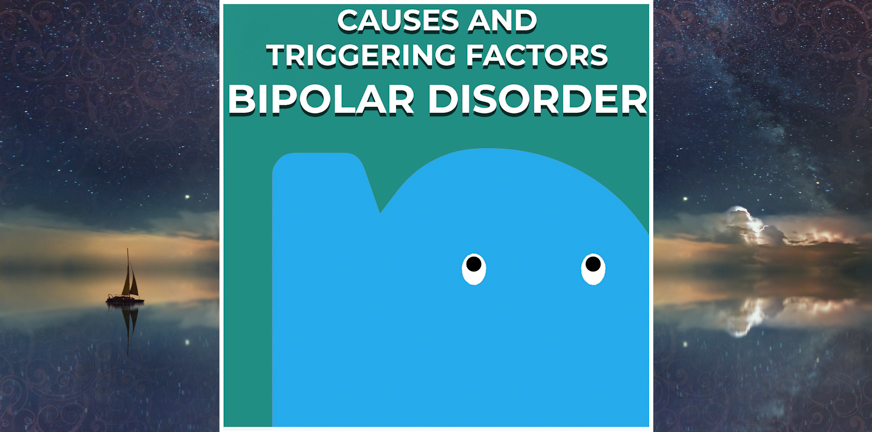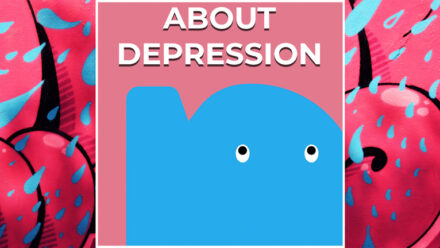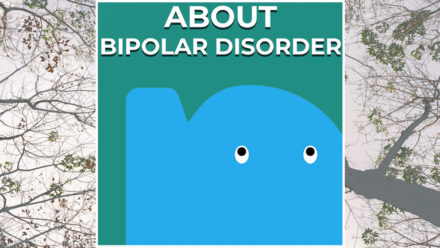
So far, we don’t know much about the cause of manic depression, but it’s clear that it is an interplay of genetic vulnerability, individual development, and contributing psychosocial factors prior to an episode.
Studies of family members, twins and adoptions have shown that genetic factors play an important part in the development of bipolar mood disorders. However, the exact details are not yet clear. The inheritance is polygenic (involving multiple genes) and very complex, so many questions are still left unanswered.
Heredity and the desire to have a child
People who are diagnosed with bipolar disorder, often ask about the heredity of the condition when they want to have a child. Let’s look at the numbers. The chance of a child who also has depression or bipolar mood disorder later in life is about twenty percent if one of the parents has (had) this. This is higher than average. When both parents have a mood disorder, the probability goes up even more.
The advice on whether or not to have children depends on several factors, such as the risk of relapse and its expected severity. Besides this, it is important to consider if pregnancy and parenthood are not too demanding for the parents. And who in their social circle could support them?
Triggering factors
Episodes can follow after a stressful event, but also come without a clear trigger. Changes in the day-and-night routine (for instance because of working late shifts, being awake overnight or jet lag) can stimulate the development of mania or depression. Severe mood swings, just like with psychosis, can also be triggered by a physical illness or the use of drugs, alcohol, or certain medication.



